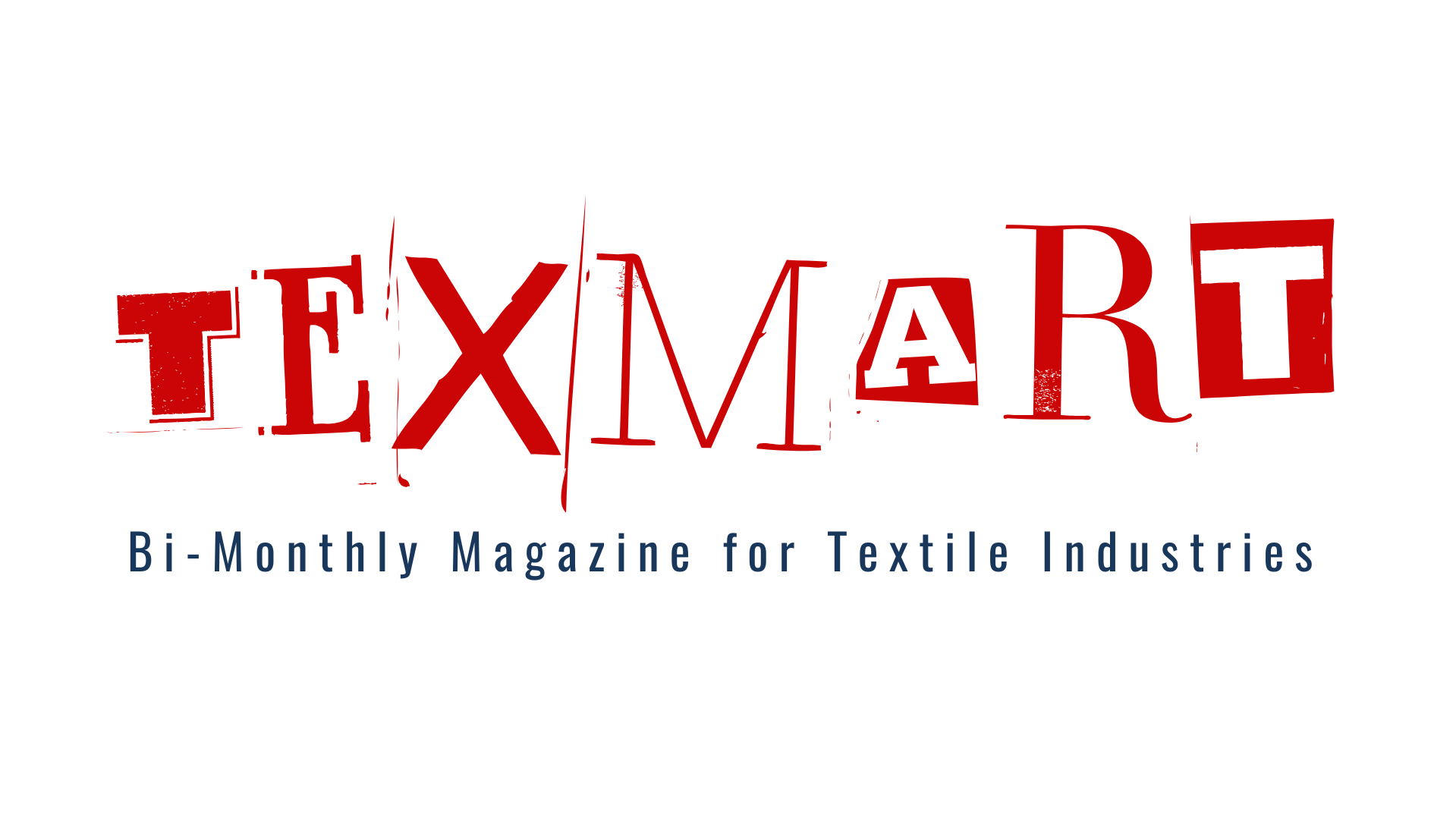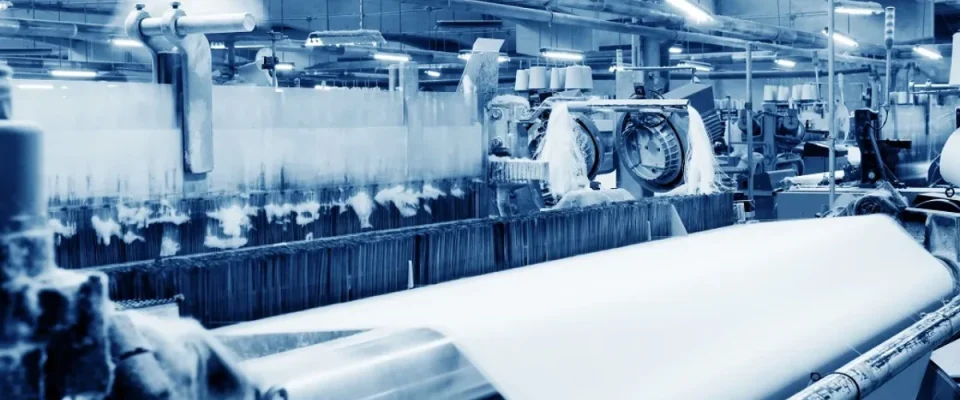India’s manufacturing sector maintained strong expansion in September, though growth momentum eased, according to the latest HSBC Purchasing Managers’ Index (PMI) survey conducted by S&P Global.
The seasonally adjusted PMI slipped to 57.7 from August’s 59.3, marking the weakest performance since May. Despite the dip, the figure remained well above the neutral 50 threshold, signalling robust growth in factory activity.
New business volumes continued to rise sharply but at a four-month low, as competitive pressures weighed on demand. Output growth also slowed, though international orders provided a boost, with Indian manufacturers reporting improved demand from Asia, Europe, the Americas, and the Middle East, S&P Global said in a press release.
Input costs rose at their fastest pace since May, driven by higher prices for batteries, cotton, electronic components, and steel. Firms passed on these expenses, with output charges climbing at the steepest rate since October 2013, pushing charge inflation to a near 12-year high.
The employment trends softened, as job creation eased to its lowest in a year, with only 2 per cent of companies expanding headcount. Nonetheless, confidence soared, reaching a seven-month high. Businesses cited goods and services tax (GST) rate reductions, favourable demand, marketing investments, and stronger customer relationships as key drivers of optimism.
Inventory patterns highlighted rising stockpiles of inputs, which grew at one of the fastest rates in 18 months, while finished goods inventories declined for the ninth time in ten months as sales outpaced production.
“Although September’s headline index softened, it stayed well above the long-term average. Export orders rose faster, offsetting weaker US demand due to tariffs. Business confidence jumped, reflecting expectations of stronger demand from GST cuts, though US tariffs remain a headwind,” said Pranjul Bhandari, chief India economist at HSBC.
News Courtesy: Fibre2fashion



